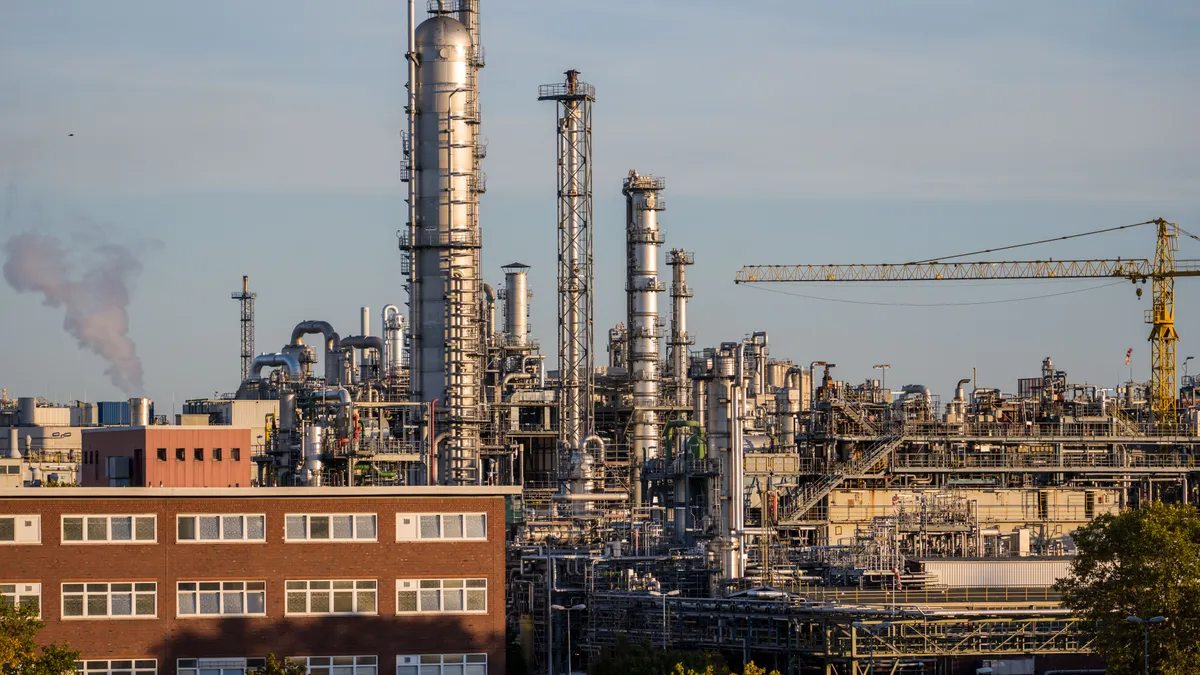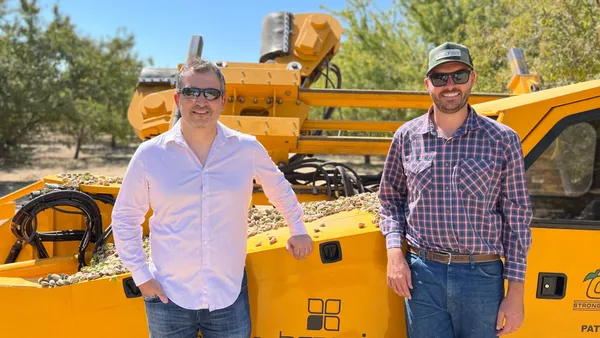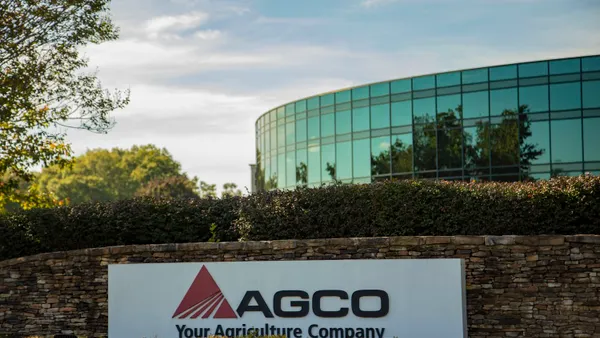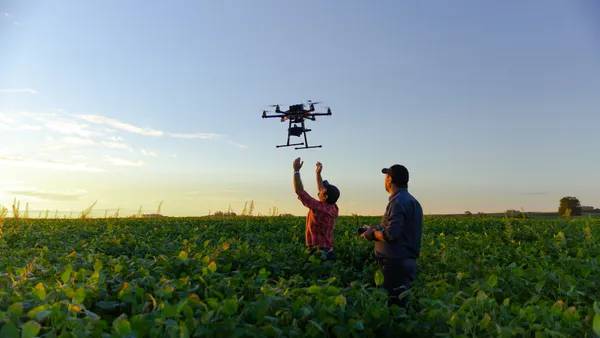Dive Brief:
-
BASF on Thursday said its agricultural and battery materials businesses will function more independently moving forward as the German chemicals giant seeks to unlock earnings potential by changing the way it operates.
-
In an investor update, CFO Dirk Elvermann said the company is taking a more “differentiated approach” to steering individual businesses within BASF, giving certain segments that are less integrated into its core value chain “more space to meet industry-specific needs.” BASF has no plans to sell the businesses at this time.
-
The new approach involves adapting business models and processes, including IT systems and governance frameworks, for the company’s agricultural and battery materials units. This comes as Bayer and other competitors make moves to split off their business divisions amid challenging market dynamics.
Dive Insight:
The global chemicals industry faced sluggish demand this year driven by a recession in Europe, inflation in the U.S. and a lower-than-expected rebound in demand from China.
These factors, coupled with high inventory levels that led to months of destocking, have companies focused on reducing costs and improving efficiencies to help offset a reduction in output, according to a report from Deloitte.
During the investor update, CEO Martin Brudermüller said growing competition in China and the Middle East, where competitors have expanded their value chains and started shipping products to Europe, have fueled a number of changes across BASF.
The next step in the company’s transformational journey is what Brudermüller calls “differentiated steering,” which will allow certain business segments to operate more autonomously while relying on the scale and integration of BASF.
“Overall, this will increase supply chain resilience and reduce inventories to free up cash,” he said. “By better tailoring processes to the underlying business models, we will reduce complexity and increase our agility and speed.”
The changes allow the company’s Battery Materials, Coatings and Agricultural Solutions segments to operate with more flexibility and increased industry focus, executives said. On the other hand, the changes also allow management to focus more intently on its businesses that are more integrated within BASF’s value chain, which it calls "Verbund." Six major “Verbund” sites make up 50% of the company's sales volumes, and include categories such as chemicals, materials, industrial solutions and nutrition and care.
The move toward “differentiated steering,” expected to be completed by 2026, is receiving pushback from Germany’s IGBCE trade union, which is concerned about what the move means for employees with the agricultural and battery materials businesses.
The action will create legally separate entities for the three units, the trade union told the Wall Street Journal, and although employee redundancies are not expected, the risks and benefits of the action were unclear.
Brudermüller said during the investor update "there is no intention to sell these businesses."
Biochemicals giant Bayer has also weighed the possibility of splitting its businesses amid earnings losses linked to its crop protection business, specifically glyphosate products. Earlier this week, chemicals distributor Brenntag said it will reorganize into two independent businesses after pushback from activist investors.











